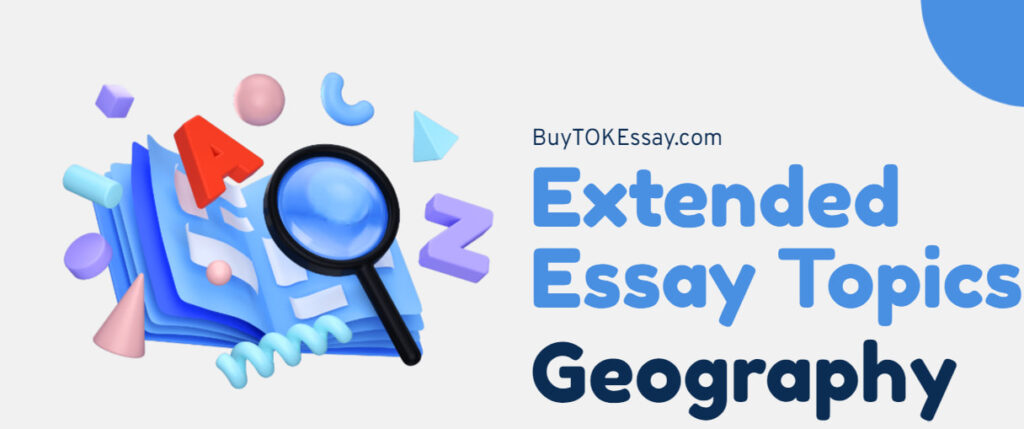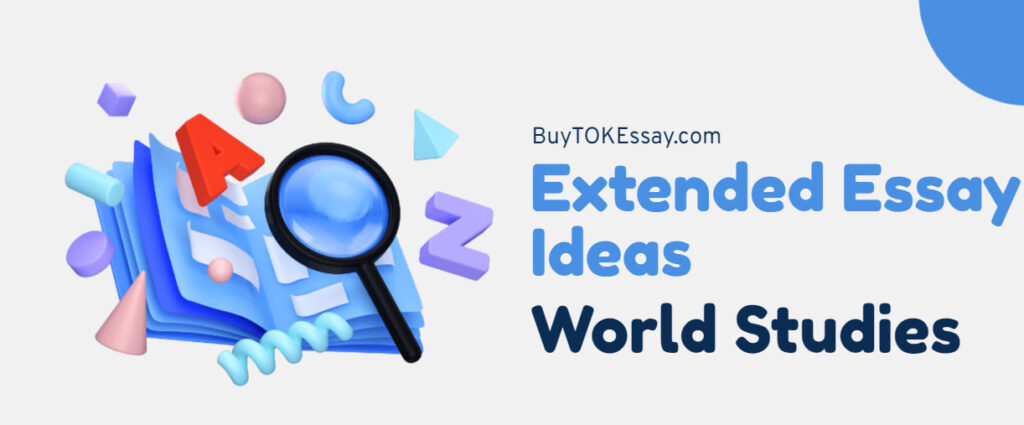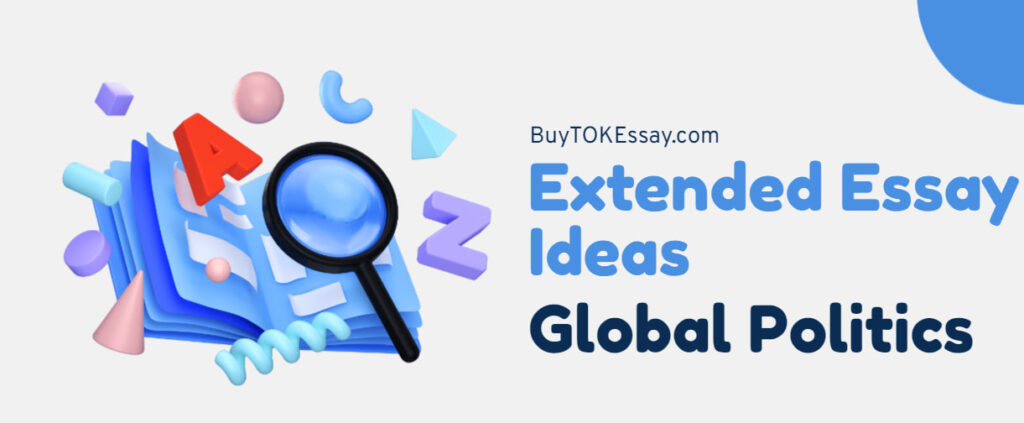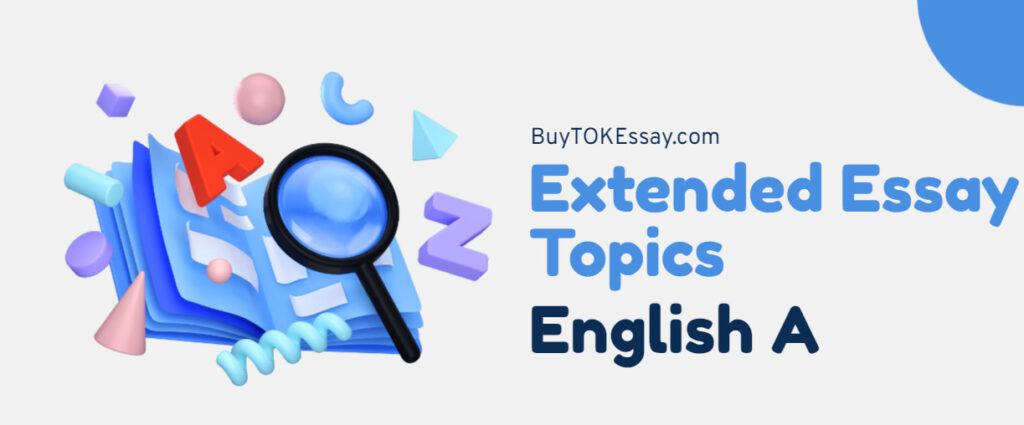According to overall IB standards, students should not only know about political theories but also be able to use them in real life. Political issues have a significant part in this.
Choosing a relevant issue makes your arguments stronger, whether you’re writing an Extended Essay or preparing for an Internal Assessment.
What Is the Political Issue Meaning?
One easy question that students often asked me when I first started teaching IB Global Politics was, “What is the political issue meaning in this subject?”
To be clear, a political issue is a debate, conflict, or decision that affects people, institutions, and societies on a local or global level. These issues may concern governments, international organizations, non-state entities, or even ordinary individuals pushing for change. This concept is very important to the IB course, in my opinion, because it affects how students look at case studies, essays, and assessments.
In IB Global Politics, political issues teach students to think critically and consider multiple perspectives. They also help students connect real-life events with IB concepts such as justice, power, sovereignty, and legitimacy.
In addition, the goals of the IB course state that students should investigate and analyze these issues from different points of view before considering how they affect society as a whole.
To give you a better idea of what this means, here are some examples of things that can be political issues:
- Human rights concerns – debates about equality, freedom, and discrimination.
- Environmental sustainability – climate negotiations, deforestation, or global emissions policies.
- Peace and conflict – civil wars, terrorism, or interstate disputes.
- Global governance – the effectiveness (or failure) of institutions like the UN or WTO.
- Economic inequalities – questions about wealth distribution, trade, and development.
The IB approach treats political issues as more than just academic theory, which is what I like best about it. Students memorize these concepts and use them in their essays, Internal Assessments, and the engagement project.
So, I think Global Politics is the best IB subject because it teaches you not only what a political issue is but also why it’s important to real people and societies right now.
How to Analyze Contemporary Political Issues in Global Politics?
It’s not always clear to IB students what it means to “analyze” political issues. Analysis in Global Politics involves breaking down issues, looking at their root causes, assessing different viewpoints, and connecting all of this to IB concepts.
You can improve your Extended Essays, Internal Assessments, and even your TOK connections by using this method.
1️⃣ Start with the Context
You need to set the scene before you can analyze. Take a moment to think about where and why this political issue is happening now.
For instance, you can’t understand the conflicts in 2024 and 2025 without looking at their political, cultural, and economic roots. Adding context to your research makes it grounded and clear.
2️⃣ Apply IB Concepts
Power, sovereignty, legitimacy, and justice are all related concepts in every political issue. Figure out which of these is most important when you analyze.
For example, negotiations regarding climate change have something to do with both justice (who pays the expenses) and power dynamics (who sets the rules).
3️⃣ Compare Perspectives
Questions to help you analyze political issues from different points of view:
- Who are the main actors involved?
- What interests are they defending?
- How might their goals conflict or overlap?
- Which perspective is most convincing, and why?
Remember that good research always includes more than one point of view. Citizens, governments, NGOs, and international organizations often have different opinions on the same issue.
IB standards say that recognizing this variety is a sign of critical involvement.

4️⃣ Use Real-Life Case Studies
I believe that theory comes to life when cases are used with it. That’s why the war in Ukraine, the rivalry between the US and China, or the climate arguments help you connect general ideas to things that happen in the real world.
5️⃣ Evaluate and Draw Conclusions
Last but not least, don’t just run through what happened. Look at the effect: How well did the response work? Did it bring about new problems? What can we learn from this issue that we can use in the future?
IB examiners give extra points to students who explain things more deeply and come to well-thought-out decisions.
🌍 Political Issues in 2024
From problems with the economy to technological disruptions, governments had to deal with complex issues that often involved more than one country. The following is a full summary.
Democratic Backsliding and Institutional Weakness
- Many countries saw erosion of democratic norms: weakened checks and balances, compromised judiciary, suppression of dissent.
- Protests in South-East Europe have spotlighted concerns over corruption, lack of political accountability, and perceived authoritarian drift.
- Elections have become a major test: in many places, incumbents were challenged, often unsuccessfully, due to discontent over governance.
Elections and Populism
- It was a very heavy election year. These contests reflected deep divides on economic, cultural, and identity issues.
- Rise of populist, right-wing, or anti-establishment movements in various countries, often using rhetoric around immigration, national sovereignty, climate skepticism, and distrust of elites.
Economic Strain: Inflation, Cost of Living, & Weak Growth
- Rising prices and inflation continued as a top worry for people in many countries.
- Weak growth and uncertainty in financial conditions, especially with global shifts (e.g., tightening monetary policy, strong dollar) impacted emerging economies.
Conflict, War, & Geopolitical Rivalries
- Ongoing wars (Ukraine, especially) and multiple regional conflicts in places like the Middle East continue to shape political alignments, global security policies, refugee flows, etc.
- Increased tension between major powers (e.g. U.S., China, Russia) over trade, influence, security.
Climate Change, Environmental Threats & Energy Crises
- Climate disasters and environmental degradation press for stronger policy responses.
- Some debates over how much cost to shift to renewables, how to pay for transitions without worsening inequality.
Migration, Displacement, and Humanitarian Crises
- Large numbers of forcibly displaced people/refugees continue to pose political, humanitarian, and policy challenges.
- Immigration remains a politically sensitive topic, used by many parties in debates over identity, security, and the economy.
Global Power Shifts & International Institutions
- Changes in global influence: with rising powers pushing back on existing international orders, alliances tested, norms questioned.
- Need for reform in international finance, global health, and climate governance, among others.

Need Help with Your IB Extended Essay?
Whether starting from scratch or fine-tuning your existing assignment to meet your supervisor’s demands, the BuyTOKEssay.com team is here to make your dream of a perfect paper a reality. Just buy an extended essay from our IB experts and say goodbye to writer’s block!
🌍 Key Political Issues in 2025
In 2025, the actual question is: what political issues are impacting the globe right now? Here, we’ll focus on the most important ones today.
- Global Rivalry
The competition between the United States and China will remain central. Issues will include trade wars, tech decoupling, strategic military posturing (especially in Asia), and influence in global institutions.
- Fragmented Global Economy
Countries are increasingly pushing for economic sovereignty, shifting supply chains, and reducing reliance on external powers. So, global trade models may fragment.
- Energy Security
As weather extremes continue, pressure will increase on governments to act. At the same time, energy supply (and its vulnerability) remains a geopolitical factor—including over fossil fuel dependencies, renewable transitions, and how energy policy intersects with international diplomacy.
- Cybersecurity and Technology Governance
Cyber warfare and attacks on critical infrastructure will grow, with more severe consequences. Also, managing AI regulation, privacy, surveillance, and disinformation are major governance challenges.
- Erosion of the Rule of Law
Many democracies are under pressure, with weakening checks and balances, executive overreach, restrictions on dissent, and erosion of press freedom. Trust in institutions is fragile.
- Geopolitical Instability
Ongoing wars (Ukraine, Middle East) plus newer hot spots will demand international attention. Diplomatic efforts may yield ceasefires, but resolving root causes remains elusive.
- Migration Pressures
The displacement of people due to conflict or climate effects, debates over asylum, migration policies, integration challenges—all these will stay high-visibility. Also, human rights issues (minorities, freedoms) remain under strain.
- Inflation and Debt Crises
Many countries are grappling with inflation, weak growth, and high public debt. For developing countries, debt repayment and fiscal stability will be pressing issues.
- Populism and Polarization
Political polarization will intensify, and in many places, political elites may use more divisive rhetoric. Populist movements could grow, often as responses to economic discontent, inequality, and perceived elite failures.
- Global South Demands
Countries in Africa, Latin America, and Asia will increasingly push for a more equitable international order: fairer climate finance, debt relief, trade fairness, and voices in global governance. Multilateral institutions may be challenged to respond.
- Power Vacuums
Observers warn that no single country or alliance is likely to dominate the global order; power vacuums may lead to instability. The U.S.’s changing role, Russia’s actions, and the rise of other powers will contribute to unpredictability.
Final Words
To sum up, understanding the political issue means using what you know in practical and analytical ways. IB standards say that you will do well in this subject if you can connect theory to arguments in the real world.
When students actively connect their essays to political issues in Global Politics, I think they stand out right away.
So, this IB subject is all about being able to think critically and adjust to new information. And here’s where our EE and TOK essay writers can really help. If you ever feel stuck turning complex political debates into structured arguments, getting expert guidance can make a difference.
Just contact us at BuyTOKEssay.com and get the real help you need. 😉





